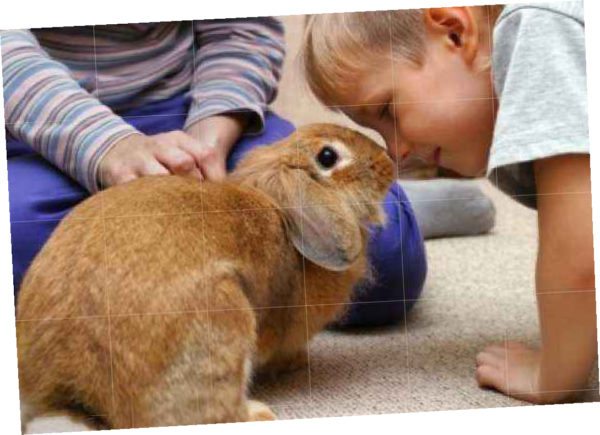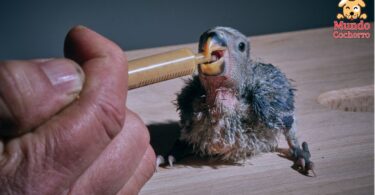Parrots are magnificent birds, known for their colorful plumage and their capacity for social interaction. However, like any other pet, they may exhibit aggressive behaviors that can be disconcerting to their caretakers. In fact, there are some parrots that tend to become aggressive to certain stimuli.
Indice
Understanding the possible causes and strategies for managing aggression in parrots is fundamental to cultivating a healthy and happy relationship between these birds and their owners. In this post we tell you everything you need to know about why parrots can become aggressive and possible solutions.
Causes why parrots may become aggressive
Aggressiveness in parrots can manifest itself in various forms: biting, loud squawking, attacking objects or even people. The most frequent factors that usually trigger these behaviors are the following:
- Fear or perceived threat: Parrots may feel threatened by sudden changes in their environment, unfamiliar people or situations that make them feel unsafe.
- Stress: Lack of stimulation, lack of social interaction or an unstimulating environment can stress parrots, which in turn can trigger aggressive behavior.
- Territoriality: Parrots can be territorial with respect to their cage or personal space, showing aggression to protect what they consider their area.
- Physical pain or discomfort: Underlying pain or illness may cause a parrot to become aggressive in response to its discomfort. It is important to be alert to any change in your bird’s behavior. For example, they may become aggressive because they have a mood-altering condition.
Aggression management strategies for parrots
- Identify and address the underlying causes: Observing the parrot’s environment and any changes that may have triggered the aggressiveness is critical. Providing a safe, stimulating and predictable environment can reduce stress and anxiety.
- Establish a routine: Parrots benefit greatly from a consistent routine in terms of feeding, exercise, play and out-of-cage time. This gives them security and stability.
- Positive training: Reinforcing positive behaviors with rewards and the use of gentle words can help shape their behavior. Ignoring or pushing the parrot away when it shows aggression can discourage this type of behavior.
- Socialization and mental stimulation: Interacting with the parrot regularly, providing it with safe and challenging toys, as well as opportunities to fly and explore, will keep its mind active and reduce the likelihood of aggressive behaviors due to boredom.
- Seek professional help: If aggression persists or worsens, it is advisable to seek the guidance of a veterinarian specializing in birds or an expert in animal behavior to assess the situation and provide specific guidelines.
Patience and understanding
Aggression in parrots can be challenging to manage, but it is possible to address with patience, understanding and appropriate strategies. The key lies in understanding the underlying causes and working to create an environment that promotes safety, well-being and stimulation for these intelligent and sociable birds.
By dedicating time and effort to understanding and addressing behaviors in parrots, owners can strengthen the bond with their pets while creating a nurturing environment that encourages positive and healthy behaviors.
Image courtesy of https://pixabay.com, all rights reserved.







